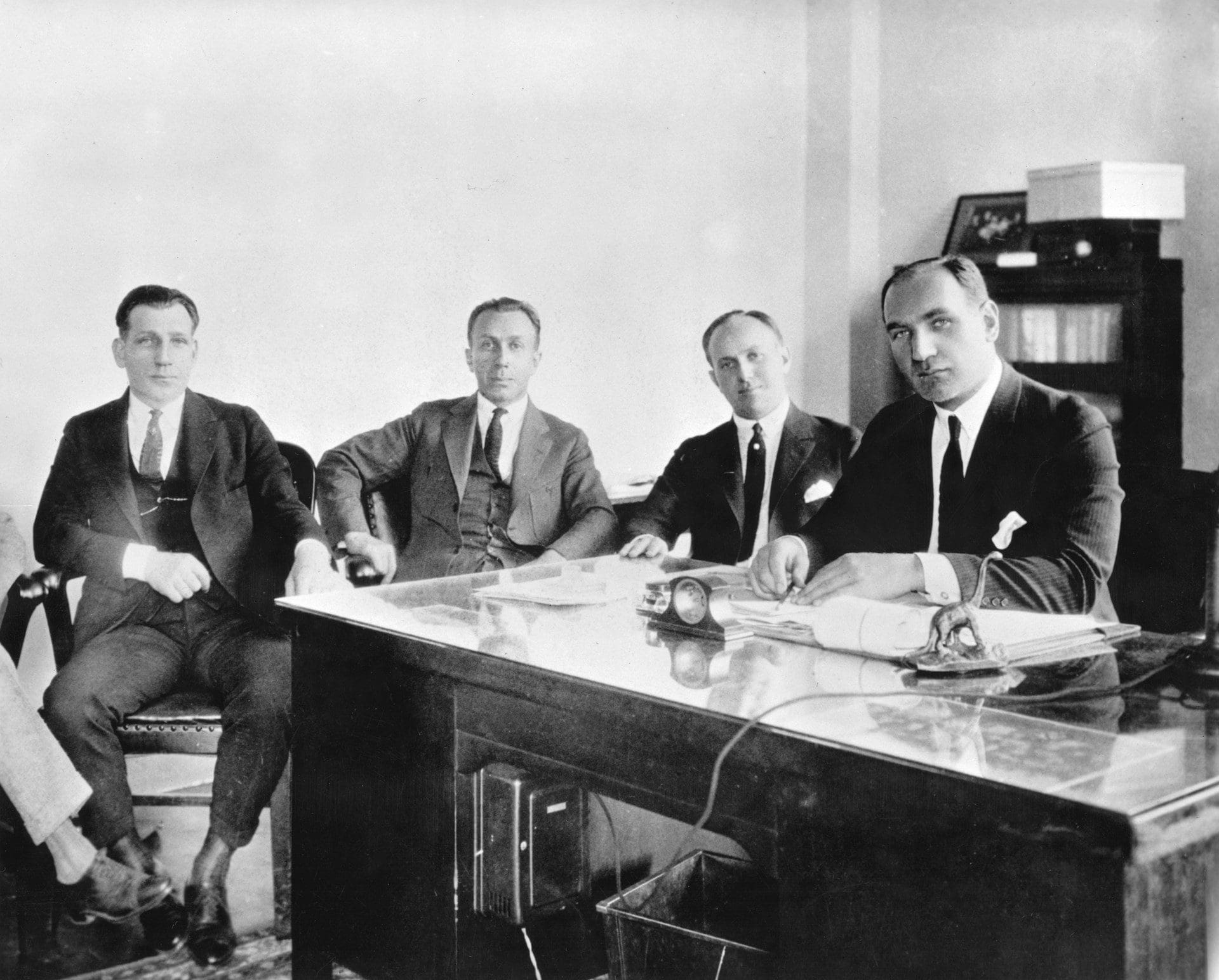
Stream every season of Cheers on Paramount+. Try it FREE!
Written by Amanda Clark
For any company, making it to 100 years of existence is a huge deal that should be acknowledged, especially if it has a bright future for possibly 100 more. Warner Bros. has done just that — the company not only recognized its 100 years of producing content, but it also celebrated by releasing 100 Years Of Warner Bros.
100 Years Of Warner Bros. is a four-part documentary that recognizes everything the four Warner brothers founded: Harry, Sam, Albert, and Jack Warner. Narrated by Morgan Freeman, the documentary covers the beginning of Warner Bros. to its modern-day presence, including interviews with actors, producers, directors, executives, journalists, and historians.
On top of the interviews, viewers get to see archive footage from the films and events that are being talked about, along with videos and photographs taken of the people involved in building the company into what it is now. Being able to visually connect what is being talked about helps viewers understand more of the history and process what was happening back when Warner Bros. history was being made.
Besides learning about the history of Warner Bros. from Freeman, the interviews are the best part of the documentary. Hearing how each person thought about the company and their relationship to certain projects shines a light on how much Warner Bros. means to people and what it could mean to the viewers.
Learning the history is the reason to watch this documentary because most people nowadays probably just go to watch Warner Bros. films in theaters or on its streaming service, Max, without diving into how Warner Bros. can do all of this. Who really has the time or puts in the effort to learn about every company that they pay for its services (in this case, film or TV)? But taking an hour out of the day for four different days is a great way to relax, watch something, and learn how you’re able to watch it in the first place, because Warner Bros. made huge strides in the entertainment business.
The documentary goes over all the good and some of the bad, highlighting the biggest films released (or the films that made the most impact on the company) and the directors who helped build Warner Bros. There is not enough time to go over every film and every director, but the documentary did a great job to cover what progressed the company and how it tied into society.
The main “bad” that is gone over during the documentary is mostly what happened in the past and how the company overcame each situation — nothing from the present day. It shows how even though some of the moves the company made didn’t always pan out the way the men in charge thought, Warner Bros. always bounced back to then produce the next big thing.
Of course, a company won’t acknowledge its current failures or uproars until it overcomes them and is a thing of the far past, but since 100 Years Of Warner Bros. goes over some of the dirty deals, financial issues, and ideas that blew up, there is a possibility that it would recognize the straight to streaming service backfire.
How the company transitioned to its then-called HBO Max streaming service would have been a fascinating tidbit that could have been included in episode four, which goes over the modern-day accomplishments. Within this new service, one hiccup in the road that could have been covered is how the company decided to release films the same day as they were in theaters, which didn’t go well, and how it overcame that. Then, it would have been nice to hear how the company released its streaming service and what it’s doing to make the now-called Max streaming service stand out in an age that is now overwhelmed with streaming services.
Even though 100 Years Of Warner Bros. doesn’t cover the company’s streaming service journey, it covers so much to make the viewer say “wow” as they most likely learn multiple facts about the history of Warner Bros. and how it had an impact on society. It’s a documentary worth making time to watch — it holds the viewers’ attention and covers all the stepping stones of Warner Bros.

